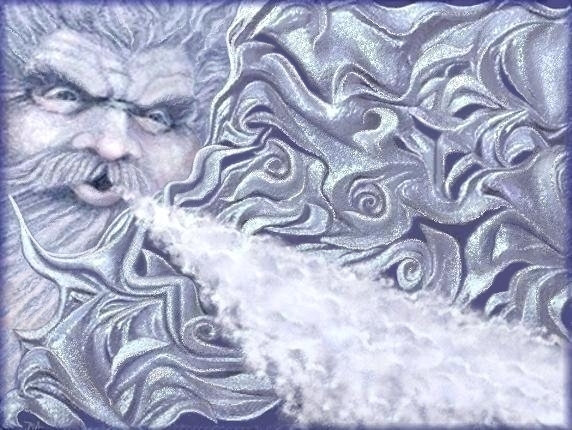Fire sprinkler system pipes can burst just like the pipes in your home when cold weather comes.
Make sure your system stands up to the test.
Colder temperatures can wreak havoc on unprepared and unprotected pipes. Icy winds and dropping temperatures can cause major damage to your fire sprinkler system by freezing the water pipes, leaving you without fire protection or with burst water pipes.
Although water mainline breaks are infrequent, they do occur from time to time. When a mainline break happens, we work quickly to repair the leak. Mainline breaks may cause interruptions of your fire protection service, leaving your facility unprotected.
“With us being in the south, a lot of our clients don’t think of a maintenance plan to keep their system’s pipes from freezing. We are very determined and aggressive in keeping freeze protection in front of our clients. It’s very important and should be part of your annual maintenance plan,” says Cullen Crisp, President Crisp-LaDew.
Here are the common causes of pipe freezing:
- Insufficient heat provided in/throughout a building
- Cold air entering broken windows/cracks in walls
- Insufficient insulation material in ceilings/walls
- Inadequate antifreeze in the system
Say NO to fire risk and YES to prevention. Crisp-LaDew Fire Protection can help before you have an emergency.
Maintenance 101 for Freeze Protection
Take these precautions now to help avoid or minimize future problems in your system.
* Drain all low point drains
* Insulate exposed piping
* Maintain proper heat in areas subject to inclement weather conditions
- Have employees keep alert for and report potential or existing cold weather problems
- Check fire protection systems more frequently than normal during cold weather
- Do not attempt do-it-yourself repairs on fire safety equipment, this is what we are for.
- Do not use torches or other open flame devices to thaw pipes or other equipment
- Do not use temporary heating equipment such as salamanders and other un-vented portable fuel-burning heaters as these heaters introduce fire and health hazards. Portable electric heaters also present unnecessary fire and health hazards
One measure we always take with our clients is during inspections, we teach appropriate personnel how to close the valves, then we rehearse with them on closing the valves so they can shut down the system in the event of a burst pipe.
What if I have a Dry Pipe Sprinkler System?
Just because you have a dry pipe sprinkler system doesn’t mean your system is not vulnerable to cold weather freeze. Dry pipe systems, because they do not contain water in their piping, are less likely to freeze than wet pipe systems. However, certain precautions should be taken to ensure that freezing does not occur in such systems when cold weather arrives.
BE PROACTIVE. Now is the time to service your system. Crisp-LaDew’s Cold Weather ServicePlan
Measures, evaluates and consults to ensure that corrective actions remain in place and are effective.
- Cold weather checklist, first addressing the protection of any exposed pipes that will be vulnerable to sudden cold weather.
- Documented process to identify and prioritize any issues anywhere in your system.
- Check antifreeze systems and replace fluid as necessary.

